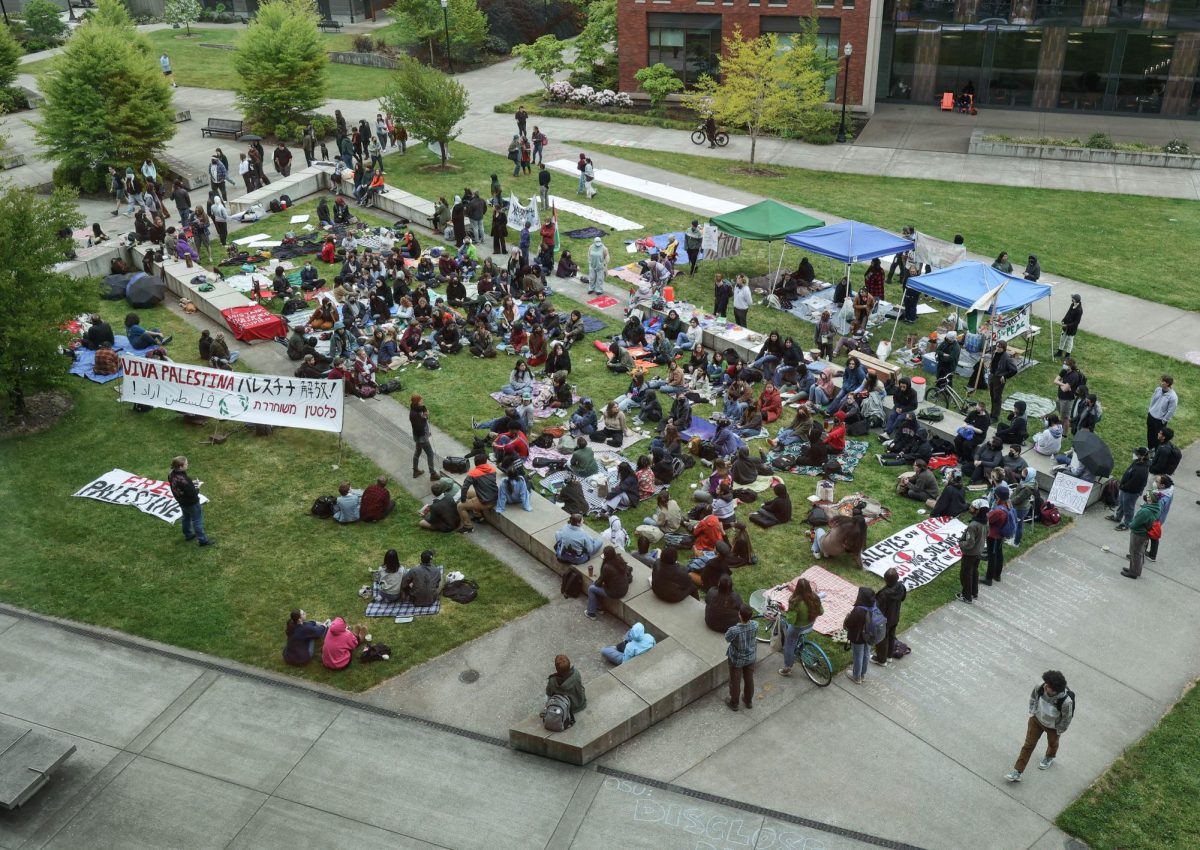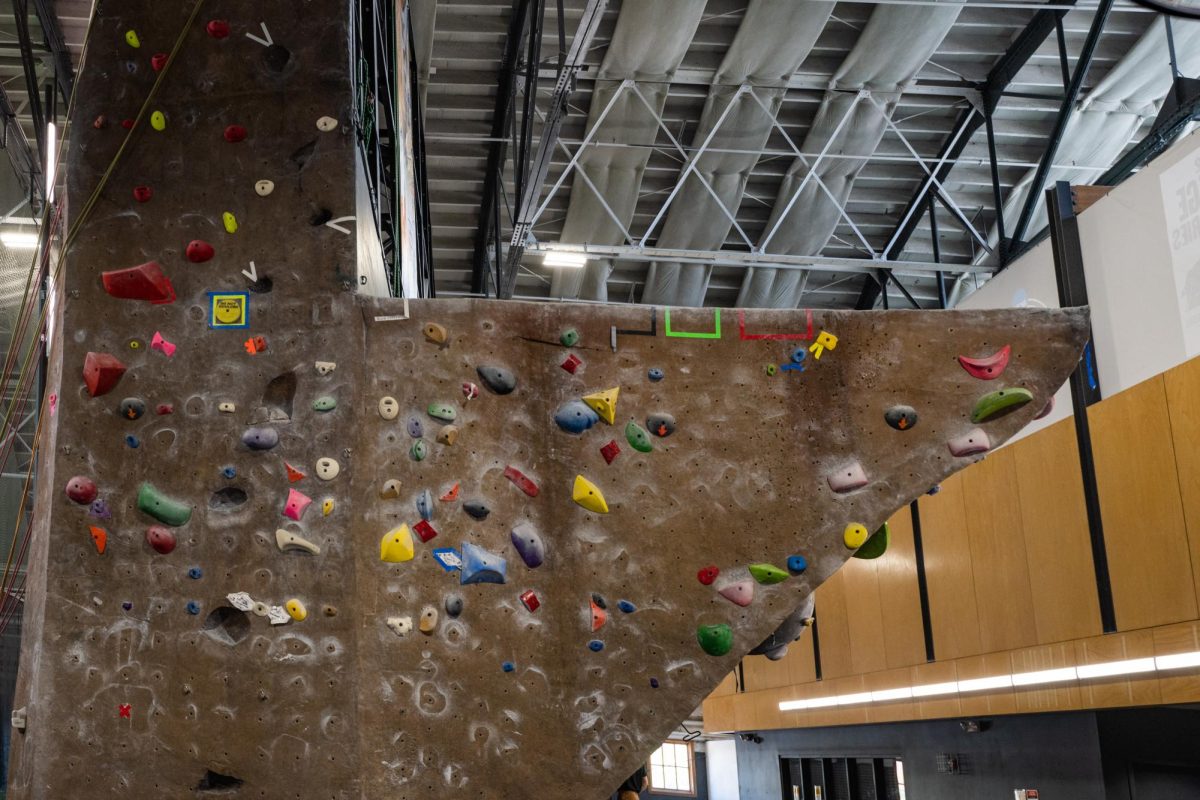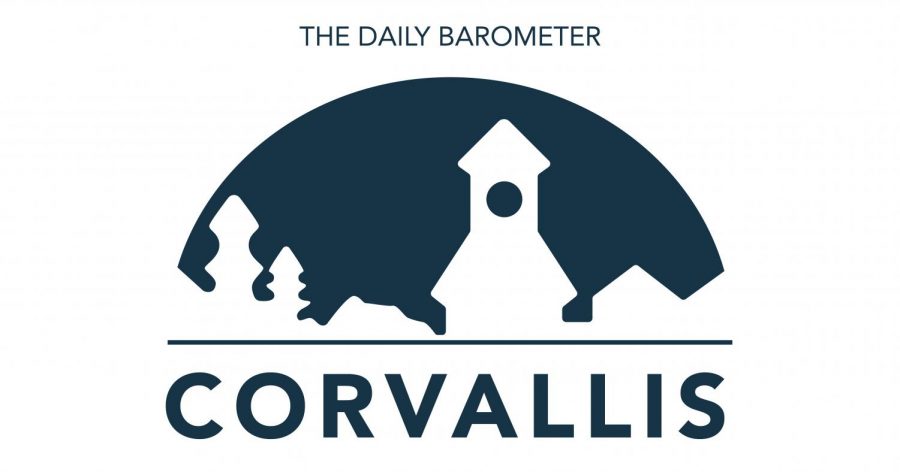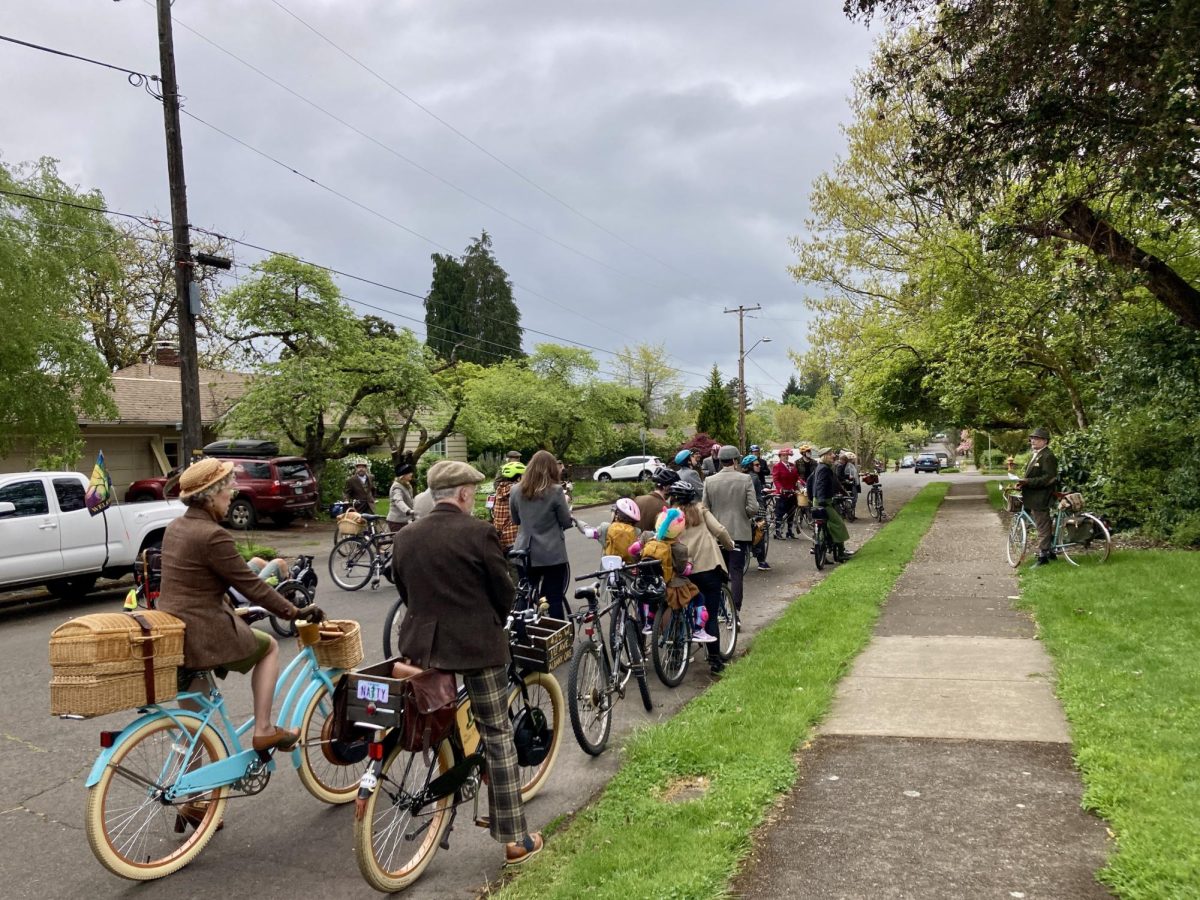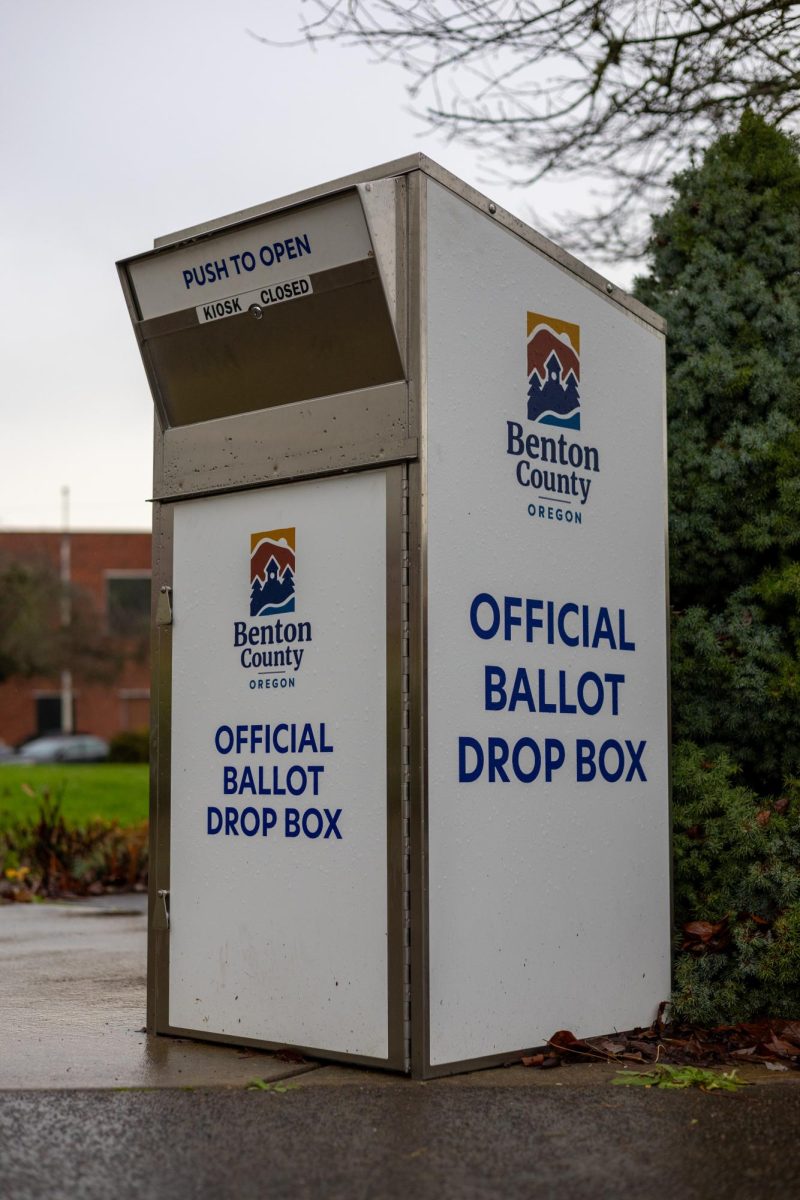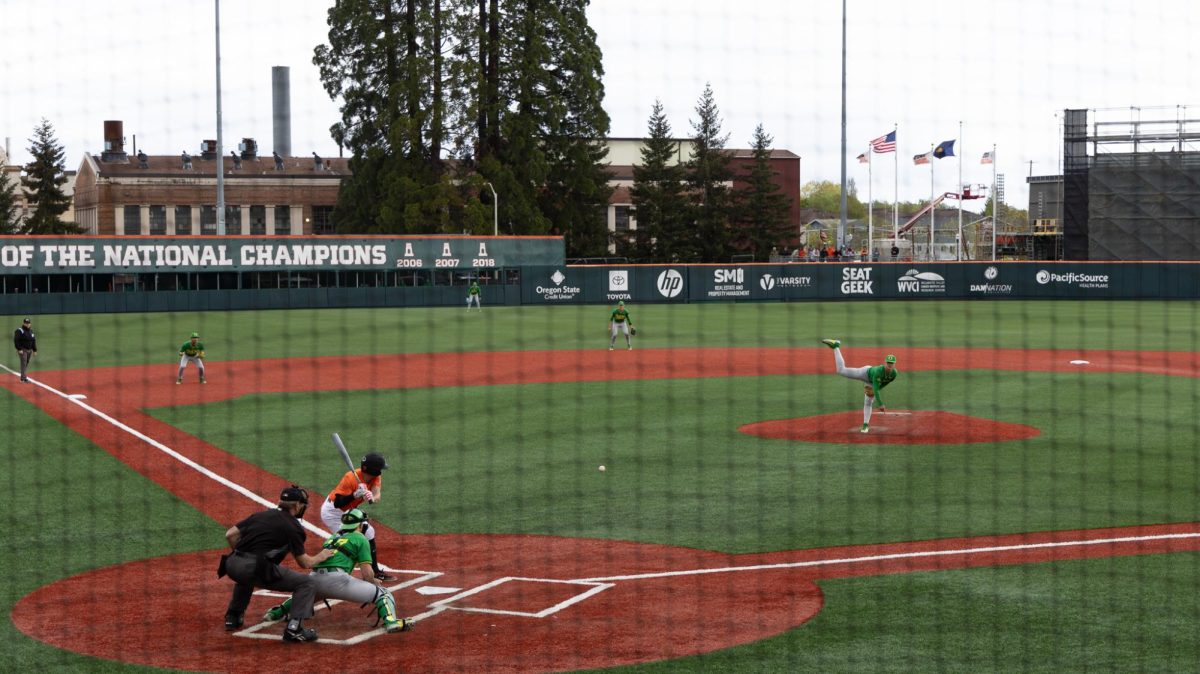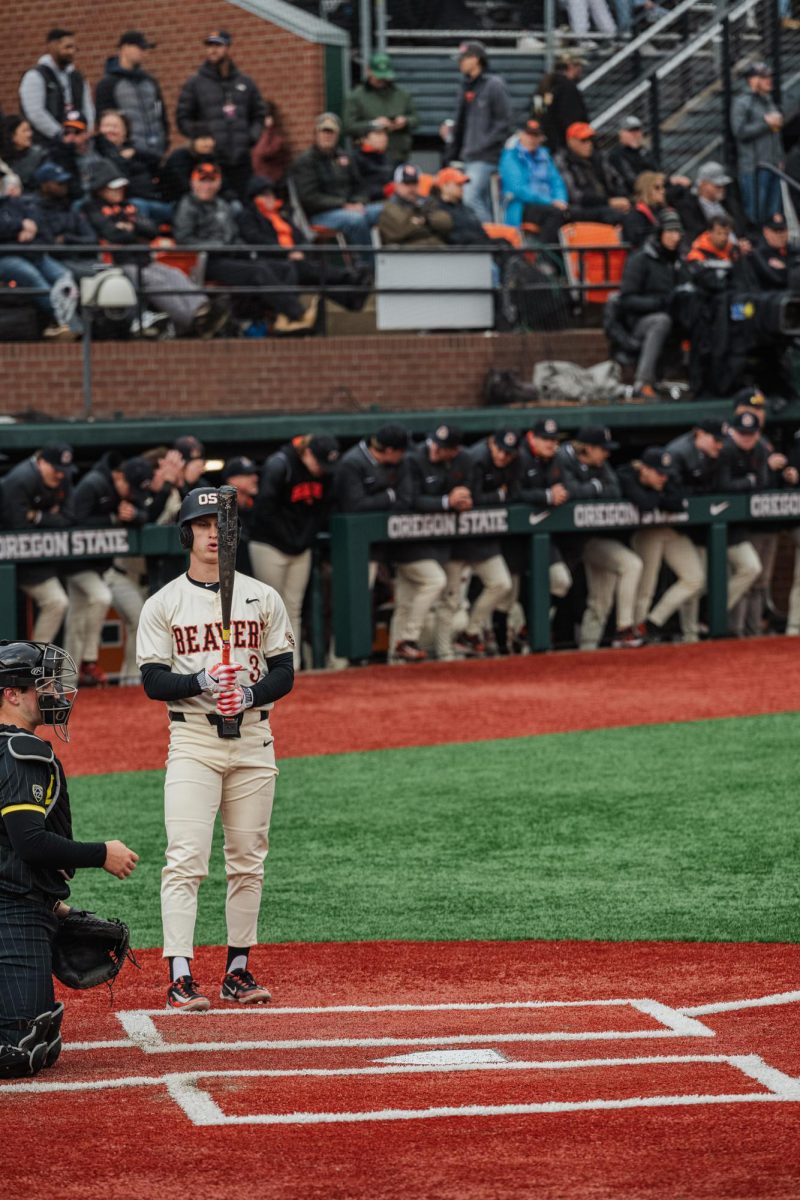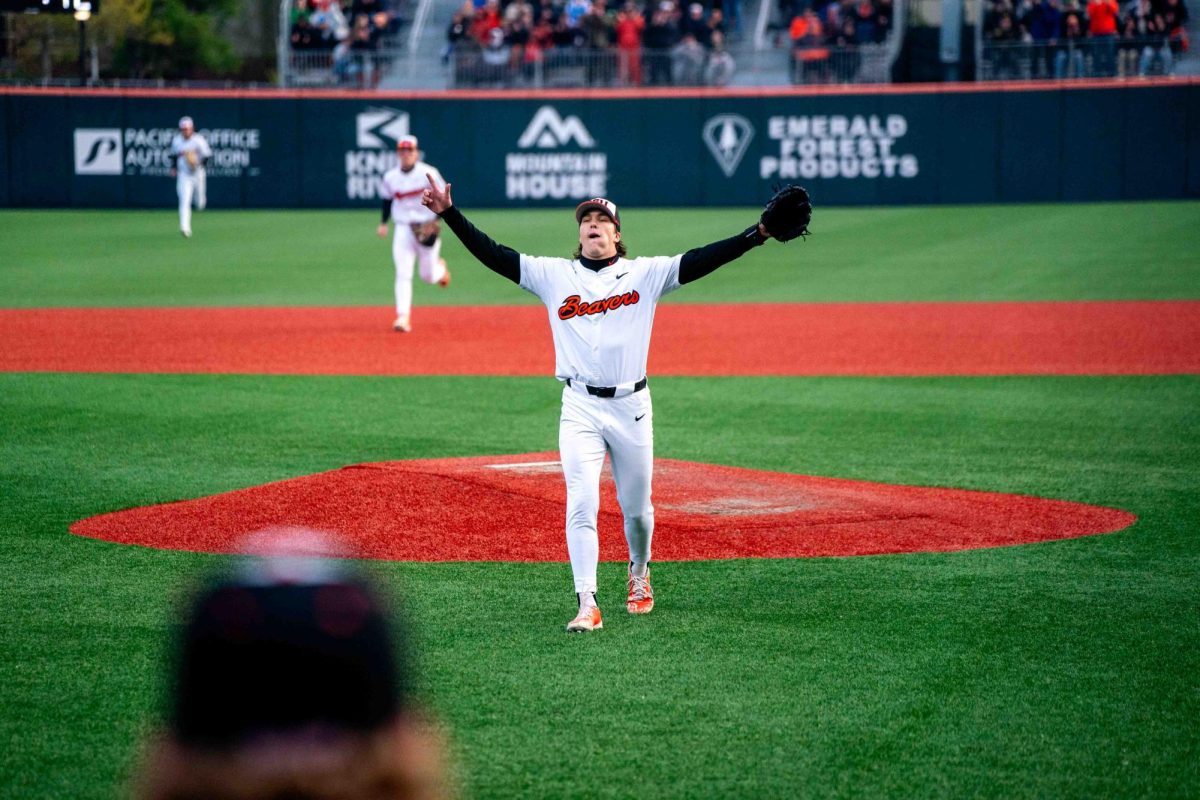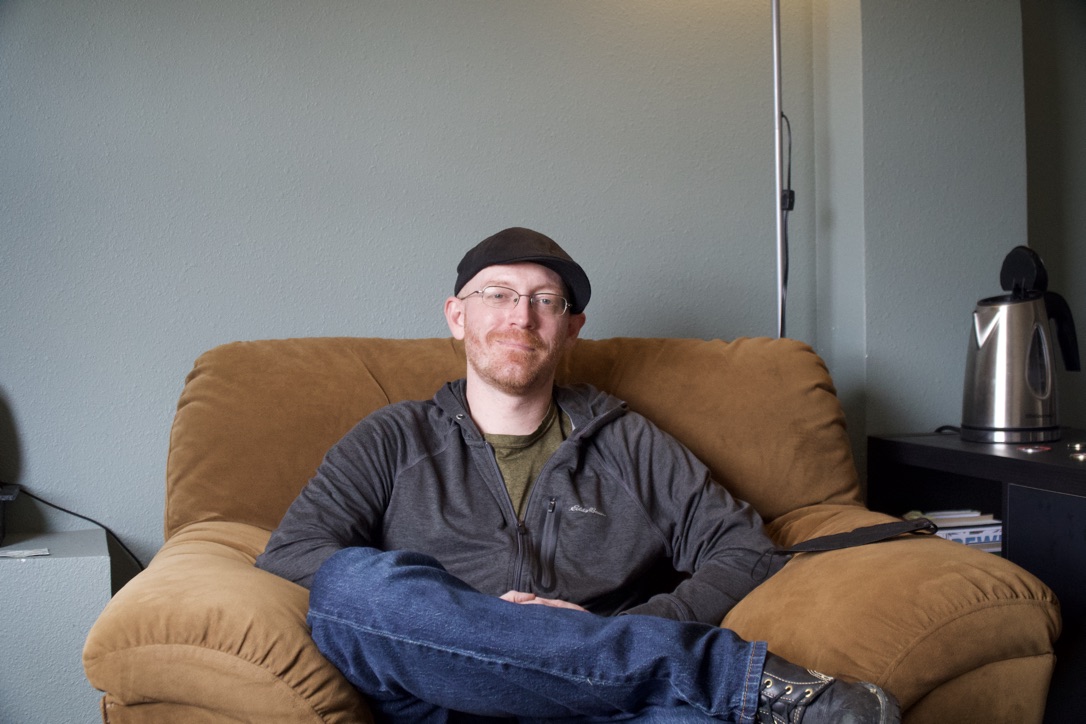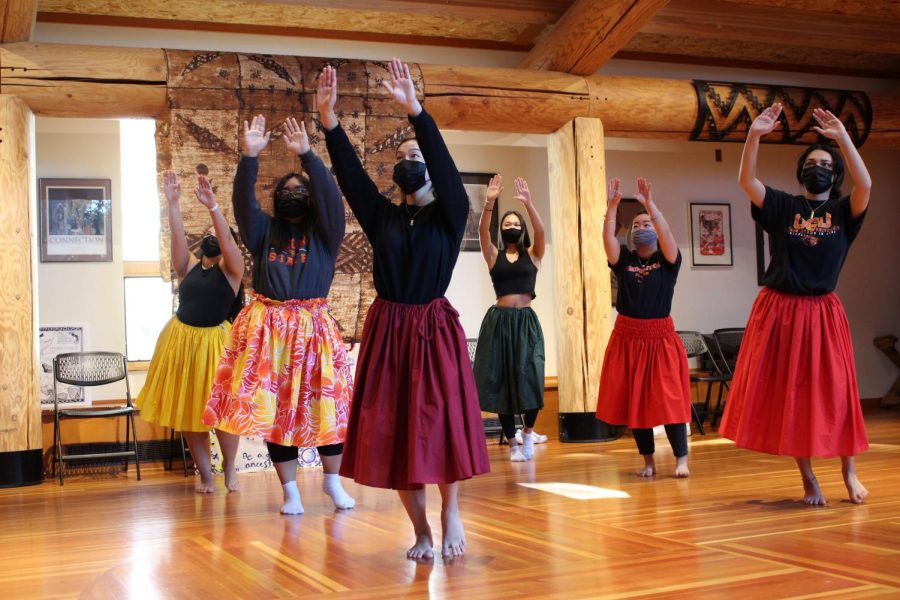The arrival of Oregon State University’s first veteran and military connected student mental health coordinator comes as a product of “unyielding and unending advocacy to create change.”
This came from Don Phillips, the coordinator of veteran and military connected student mental health and wellness, who was himself once an OSU student who worked to expand military and veteran support on campus back in 2015.
Phillips started his position in August and since then, he has been supporting the community on and around campus through one-on-one appointments, ROTC briefings, introductions and outreach.
“As the term has gone on, my appointment slots have been staying pretty full, so the community is utilizing the resources well,” Phillips said.
Before coming to work under Counseling and Psychological Services at OSU, Phillips was among the student veteran group that restarted the Student Veteran Association in 2015. Willie Elfering, now the director of the Holcom Center for Military and Veteran Resources, was hired that year.
Phillips says that back then, the group – with Elfering’s help – was working to make changes and support military students on campus and through local legislation. These efforts included pushing for priority registration status, which was passed two years after Phillips worked on the issue.
“I’ve gotten to see Don come full circle,” Elfering said. “We have a great community, but having that resource here, I think it’s gonna pay off dividends as far as helping service members transition.”
According to Phillips, military populations – including ROTC students, veterans and military dependents – have a unique set of challenges and experiences compared to other non-traditional students, with their university sometimes being one of the first places veterans touch down when returning to civilian life.
One of the unique circumstances veterans face is the timeline pressure that can come with using GI Bill education benefits. The rules around the benefits often call for fifteen to eighteen-credit terms for 36 months straight. Couple this with the financial concerns of supporting a family and managing undealt with trauma from service and all too often veterans end up on their own back burner.
“It can kind of lead to a situation where when you combine that with the stigma that comes with mental health services especially through the military, (and) it doesn’t really set people up for success a lot,” Phillips said.
While Phillips says the stigma around mental health on campus as a whole has improved since he attended OSU, it still often falls on an individual to reduce the stigma for themselves.
This issue of stigma as well as embracing intersectionality has been some of the topics Phillips hopes to address after getting connected and reacquainted in his first term on the job.
“I think just like with any other identity based population, it’s important to know that it’s not a monolith and that as many different kinds of people exist are the kinds of people who join the military,” Phillips said. “One of my big hopes, too, is to create a an environment where it feels like there’s no wrong door.”
Phillips’ other hope is to once again join the chorus of advocating voices for institutional change. He says whether that is something simple like pronouns on email signatures or bigger, he hopes to keep up the pressure so that when students identify an issue or see a need for change it does.
“I feel extremely grateful for being given the opportunity to return to OSU and serve the veteran military connected community that’s a cause very close to my heart,” Phillips said. “The fact that this position exists brings me a lot of hope and the ability to come back to OSU and be one of those annoying voices continuously applying pressure is a gift that I will not be squandering.”



